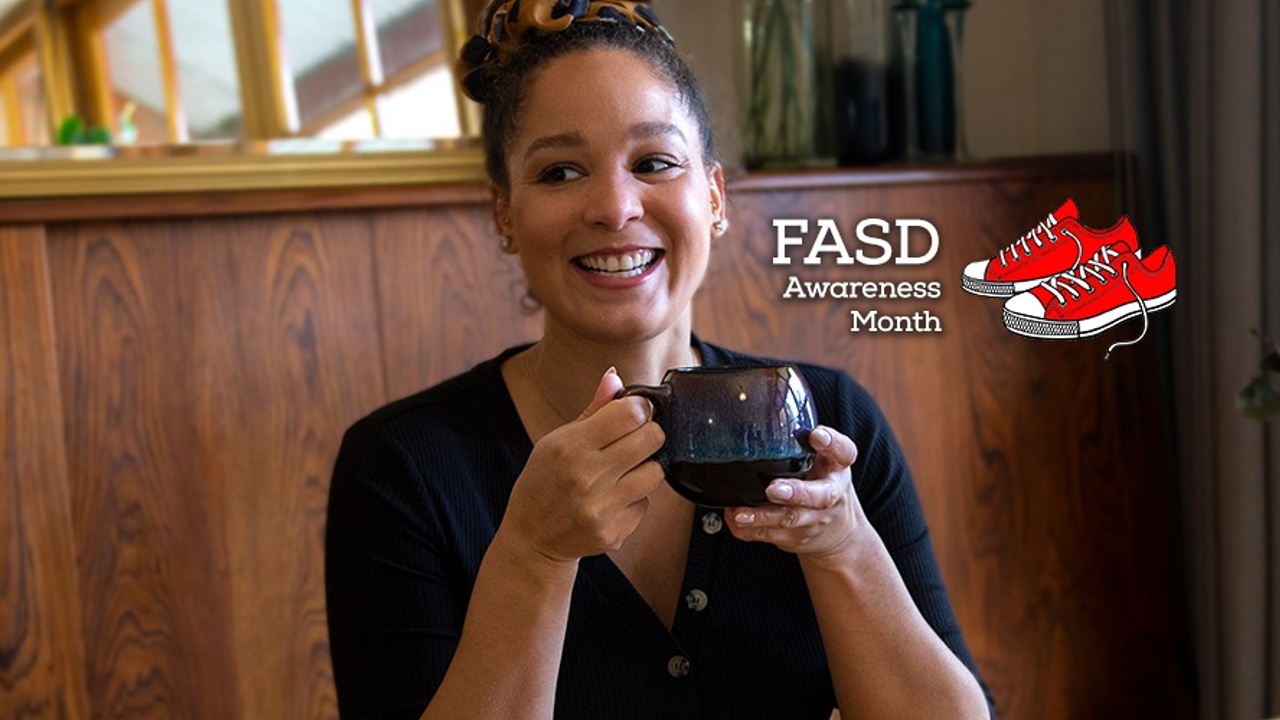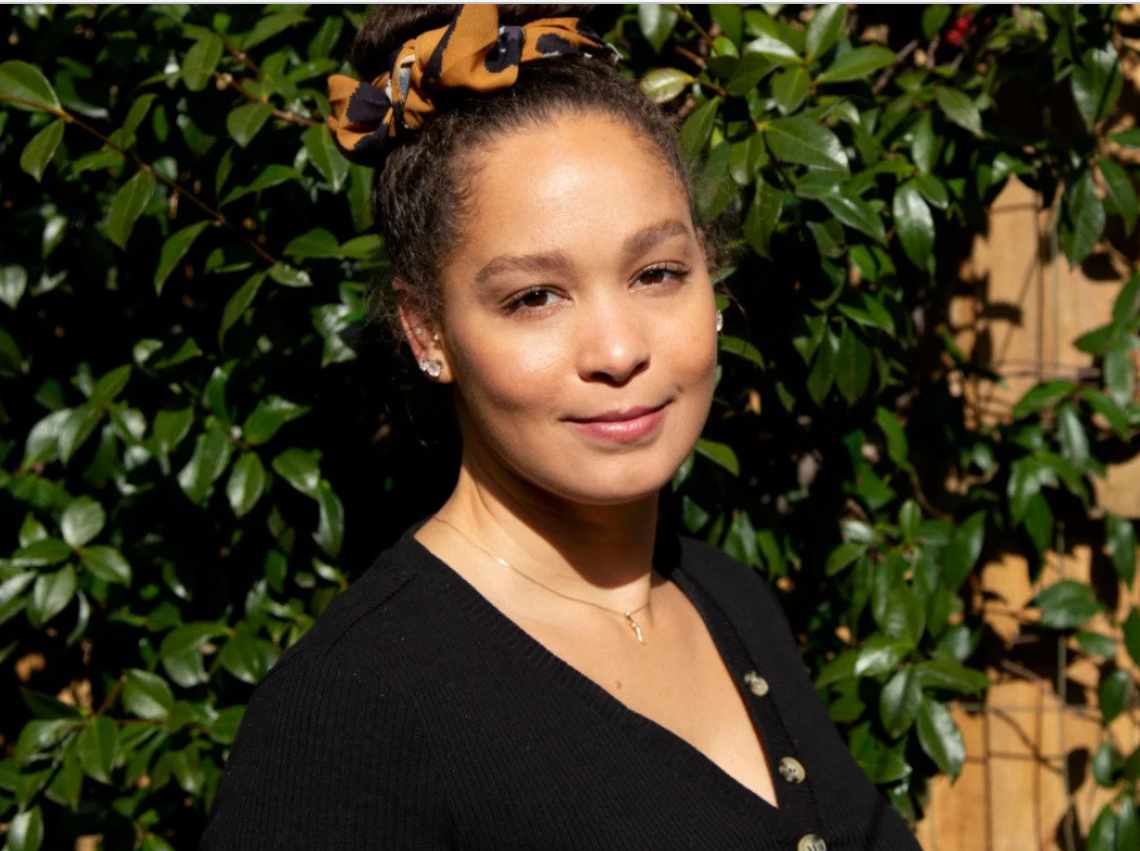#107 Candid Conversation with Jessica Birch: an Advocate and Adult with FASD
May 16, 2022
Imagine feeling like the world doesn’t want you. No matter what you do, or try, no one wants to be your friend. You are misunderstood and dismissed by medical professionals. You are hurting so much physically and emotionally that you start to think you no longer want to live. That is the dark place my guest, Jessica Birch, found herself in before receiving her FASD diagnosis.
I saw Jessica featured in a segment on an Australian show called The Project (link in Show Notes). Her ability to articulate her experience with authenticity I knew would resonate with caregivers and individuals with FASD.
In addition to appearing in media and as a speaker at conferences and workshops, Jessica is a lived experience advisory group/committee member for several organizations including NOFASD Australia, the Foundation for Alcohol and Research and Education (FARE) and FASD HUB. She is also a guest presenter/speaker at the University of Western Australia, Post Graduate Certificate in the assessment and diagnosis of FASD.
I really focus heavily on no shame, no blame. I was raised, loved, and cared for by my birth mother. We have a very close, tight relationship. I am here in this position now, able to speak to you, because of her help, guidance, and intervention. I am always about propping up women and giving all Australians the information, they need to make informed decisions without shame or blame.
If you have ever wished your child could tell you how they feel, then this is the episode for you. If you are an individual with FASD needing to hear from others with FASD, this is the episode for you. There is so much to Jessica’s story I wanted to give it the space it deserved to be shared, so we are splitting it into two Parts.
In Part One, we explore what it was like growing up undiagnosed. Despite having a supportive mom, she shares what life was like without a diagnosis, as a child, and teen and what happened when she tried to make it on her own.
We also cover:
- Jessica’s advocacy work, the perceptions and narrative of the media.
- How appearances can be deceiving, as well why the phrase “high-functioning” can be detrimental.
- The effort, masking, and energy she requires to put herself out in the world.
Nearly every week for 5 years I went there (to the medical centre). My GP either dismissed or treated every physical symptom I was having as not significant or worthy of investigation or said it was psychosomatic. (I knew) there was something wrong. I can’t do anything. That of course fed my feelings of failure and self-loathing. I felt everyone was feeling what I was feeling, but they were managing better.
We end Part One by talking about what it was like to be continually dismissed by the medical community and how that led to an intervention by her mom. The intervention started them on a four-year journey to get a diagnosis. Jessica shares what it was like the first time her mom suggested FASD to the journey and the relief felt when she received the diagnosis.
This may be a difficult episode to listen to because of the intensity. But I think it offers inspiration because we know that with the diagnosis, support, knowledge and understanding, Jessica is thriving. And that is what we will talk about in Part 2.
Show Notes:
The Project Video: Hidden Epidemic Of Fetal Alcohol Syndrome
Article: Facing disability: For the first time I have been given the tools to survive
Check out our Facebook Page: FASD Caregiver Success
Join our Facebook Group: FASD Caregiver Success Group
Follow me on Twitter: @JeffjNoble
Support the Show: Buy Me A Coffee


